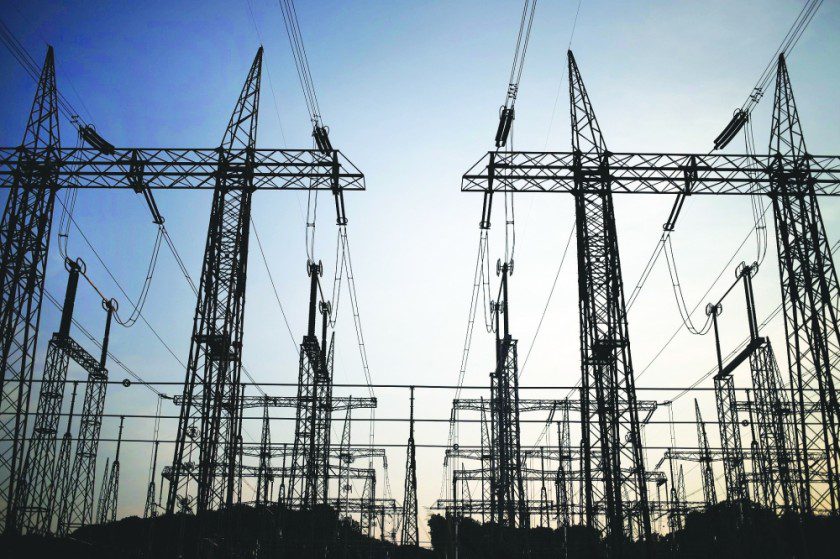According to a whitepaper, the Mena region’s most reputable and comprehensive event for the energy sector, the GCC clean energy drive requires grid-related investments to support the proposed capacity additions from renewables by 2026.
To diversify GCC’s power mix, investment in large-scale renewables capacity additions is required and would need corresponding increased investment in transmission and distribution networks to eliminate inadequacies, said the white paper titled Clean Energy – Going Beyond the Grid, prepared by Frost & Sullivan for Middle East Energy.
Development of renewable energy technology, infrastructure, and facilities are key pillars of the UAE’s Operation 300bn and Saudi Arabia’s Made in Saudi manufacturing and industrialization strategies.
The UAE National Energy Plan 2050 calls for clean energy to represent 50 percent of the nation’s total energy mix by 2050. That would reduce the carbon footprint of power generation by 70 percent, bringing with it cost savings estimated at $190 billion.
This includes the two largest single-site solar plants in the world that are currently being developed in Abu Dhabi and Dubai. Both will contribute to the growing UAE green economy while promoting job creation and investment in renewables research and development.
Saudi Arabia is committed to achieving 50 percent of energy production from renewables by 2030. The kingdom plans to spend up to $50 billion on new infrastructure by 2023.
In line with the expected increase in grid-related investments, the transmission and distribution equipment industry is expected to top $312.8 billion globally by 2026, further underscoring its importance as a central theme at Middle East Electricity show running at the Dubai World Trade Centre from 7-9 March 2022.
“At the very center of harnessing renewable energy and making it available for consumers is effective transmission and distribution networks, which is why the sector continues to play a prominent role at the Middle East Energy exhibition and during dedicated conference sessions,” said Azzan Mohammed, exhibition director, Global Energy & Utilities Forum and the Middle East Energy.
“With the value of the transmission and distribution equipment industry continuing to grow exponentially, a range of market leaders have already confirmed their attendance at Middle East Energy and will be showcasing the latest technologies and innovations supporting the delivery of renewable energy to end-users and, ultimately, delivering on the regions net-zero commitments,” said Mohammed.
The show’s technical sessions is supporting the demand for new information about the topics of transmission and distribution. In these sessions, visitors will have the opportunity to hear experts’ opinions on energy storage technologies for the grid, clean technologies in the micro-grid, and investing in residential EVs for grid stability. The three-day energy showcase is expected to witness the presence of over 500 exhibitors and 250 delegates.


